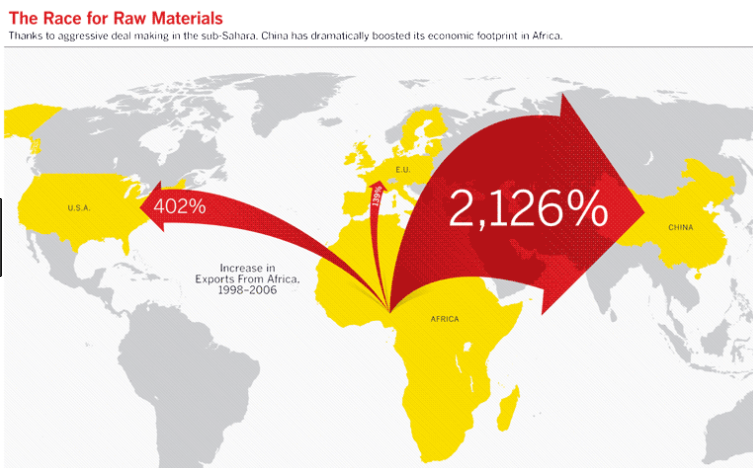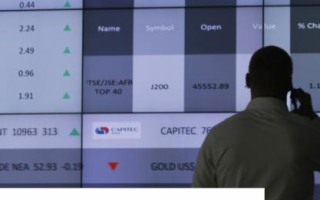China and Africa: Changing the Narrative in 2017
do you want to change the world?
Change yourself first: Soka Gakkai International (SGI)
New from: RealClearWorld.com
By Aubrey Hruby
The much-discussed and controversial China-Africa relationship has evolved greatly over the past few years, but common perceptions have not kept pace with changing realities. China has become Africa’s largest and fastest-growing trading partner, pledging $60 billion-worth of funding to the continent in 2015. It has been cast as an exploitative “neo-colonial” business partner over the past two decades -- one with little interest in forging genuine win-win deals with African nations. This view has some merit given the opaque, government-to-government nature of China’s relationship with the continent. There are, however, indications that China and African countries are developing commercial ties that are more balanced, diversified, and beneficial to both regions. China and the African continent collectively contain a third of the global population and have recorded the fastest growth rates in the world over the past 15 years.
...
...
 ...
...
...
Technology & Telecoms: China's new frontier in Africa?
The mobile and digital revolution in Africa has provided new grounds for the expansion of Chinese companies and is laying the groundwork for future partnerships. After establishing its first business in the African continent in Kenya in 1998, Huawei now operates in more than 40 countries across Africa, and it is listed among the top three telecom companies on the continent. Initially manufacturing low-quality products, Huawei not only has offices and retail stores in Africa but has also established R&D centers in South Africa, Angola, Nigeria, and elsewhere. Huawei has also shown great effort in its recruitment policy in Africa, with an estimated 5,800 employees across the region. It is now a common sight to see Africa’s brightest entrepreneurs using Huawei smartphones instead of Apple or Samsung.
It is only a matter of years before Chinese venture capital and e-commerce players build off of Huawei’s success and enter African markets in a big way. Jack Ma, founder of global giant Alibaba, has been keeping his eye on Nigeria and all the financial technology companies beginning to reach economic sustainability. As he noted in 2014 when asked about the country, “I’m so excited by Nigeria, so many young people using mobile.” There are more than 150 million mobile subscribers in Nigeria alone.
Companies such as Alibaba entering African markets in a big way will certainly affect the innovation landscape in the region. Alibaba grew to become a $285 billion powerhouse in developing countries largely thanks to its dominance in the informal, cash-dependent, mobile-first markets often found across much of Africa. The company had to innovate around developmental challenges and remain nimble enough to navigate a rapidly growing economy, giving it a comparative advantage over many Western players. But Alibaba’s success in Africa is not guaranteed, as there will be international and homegrown competition. The myth of Chinese commercial hegemony in Africa needs to permanently dispelled -- especially in a world in which globalization has offered African players myriad opportunities to partner with companies from Turkey, Brazil, South Korea, and other countries in the region such as Morocco and South Africa. While the world continues to focus in on China’s One Belt, One Road strategy, which includes several African markets, a fresher eye and more inquisitive spirit is required to properly understand the growing complexity in Chinese-African relations. Chinese businesses -- both large and small -- are finding success in African markets, and their Western competitors will have to accept this new reality.
Beijing - 02/08/2013
Beijing - 23/07/2013
Beijing - 23/07/2013
Beijing - 23/07/2013
Beijing - 23/07/2013
Beijing - 22/04/2013
Beijing - 18/02/2013

